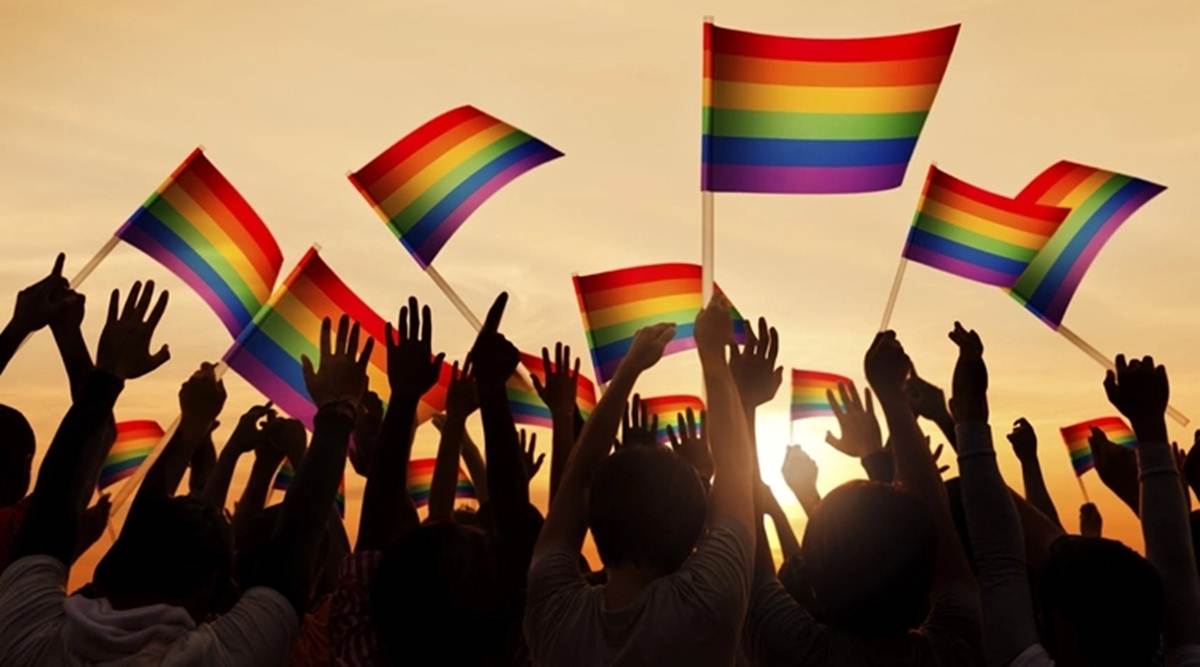
The Indian Express
‘Our values don’t recognise same-sex marriage’: Centre tells Delhi HC
Solicitor General of India Tushar Mehta also submitted that the judgment of the constitutional bench of the Supreme Court "merely decriminalizes homosexuality or lesbians. Nothing more, nothing less".
by Sofi AhsanJust over two years after the Supreme Court decriminalised consensual homosexual relations, the Centre on Monday opposed a petition seeking the registration of same-sex marriages under The Hindu Marriage Act, 1955, submitting that “our law, legal system, society, our values” do not recognise such unions.
Solicitor General of India Tushar Mehta made the submission at the beginning of the hearing before a Division Bench of Chief Justice D N Patel and Justice Prateek Jalan.
“Subject to my taking instructions (from the government), my legal take is it is not permissible”, Mehta told the court.
https://images.indianexpress.com/2020/08/1x1.png
Allowing the prayer would run contrary to existing statutory provisions, the SG said. “Our law, legal system, society, our values do not recognise the marriage – which is a sacrament – between a same-sex couple,” he said.
One among the couple has to be a man and the other a woman to fall or not fall within the degrees of prohibited relationships under the Act, he added.
“This is not as per my instructions. I checked up the law and unless and until the court would do violence to many provisions of law, this cannot be permitted,” Mehta said.
He submitted that he would not even file an affidavit in response to the public interest plea, and would only rely on statutory provisions. Referring to specific provisions relating to domestic violence, Mehta asked: “Who will be treated as a wife (in a same-sex marriage)?”
On the Supreme Court’s September 6, 2018 order reading down IPC Section 377, Mehta submitted: “The judgment of the Constitution Bench merely decriminalises homosexuality or lesbians. Nothing more, nothing less.”
The High Court questioned the need for filing a PIL in the case, and told the counsel for petitioners that the persons could come to the court in the event of denial of registration. Adjourning the matter to October 21, the court asked the counsel to bring on record instances of, or facts about the denial of registration of marriage to same-sex couples.
The Bench had earlier observed that changes were happening across the world, and that it would keep an open mind while hearing the matter on merits. “What our constitutional values require, we will see…,” the court said.
Advocate Raghav Awasthi, who appeared for petitioner Abhijit Iyer Mitra and others, argued that in the absence of a declaration from a court or authority, same-sex couples were being denied registration of their marriage under the 1955 Act. This, the counsel said, was happening despite the Supreme Court’s verdict on IPC Section 377. It was also argued that the definition within The Hindu Marriage Act does not say that the marriage has to take place between a ‘man’ and a ‘woman’.
Awasthi submitted that the denial of registration impacted both the right to equality and the right to life, because benefits available to heterosexual couples were denied to homosexual couples.
The court was told that one of the petitioners wanted to get his marriage registered, and that some couples who had been denied registration, were reluctant to approach the court.